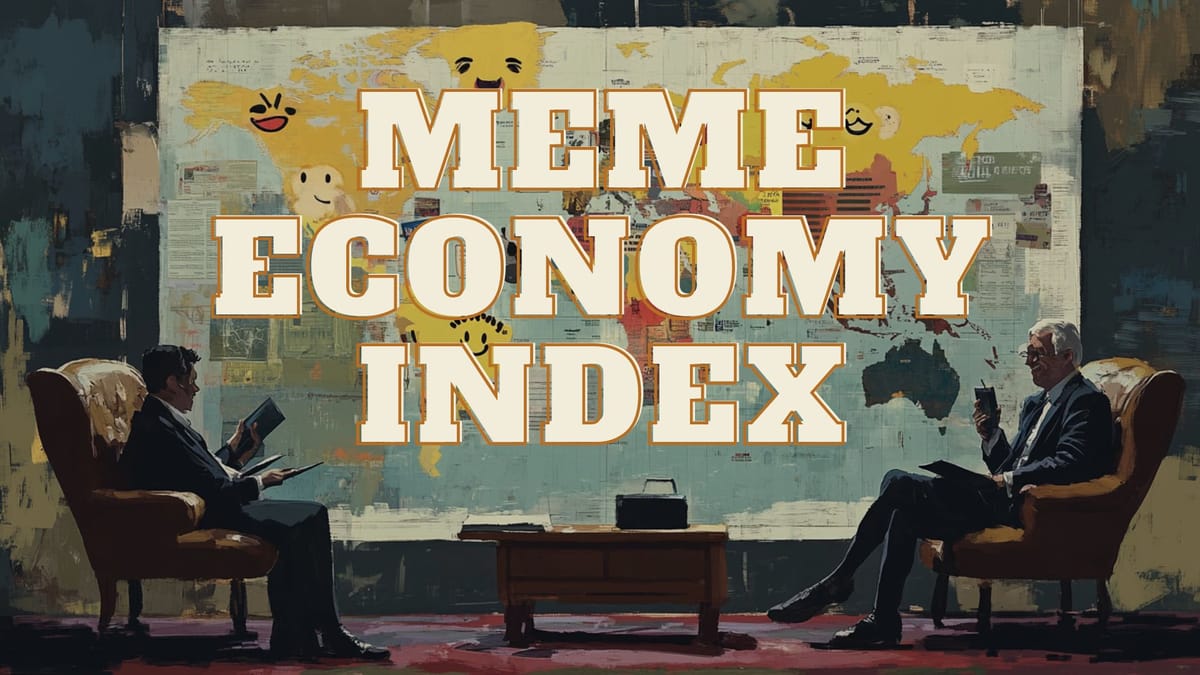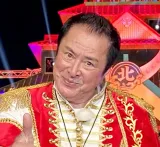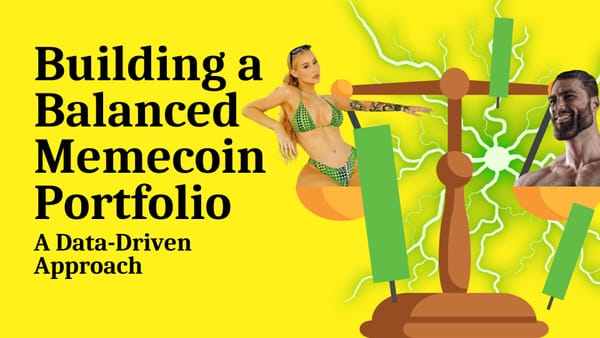World Bank introduces 'Meme Economy Index' as primary measure of national economic health.

In a move that has economists questioning their career choices and Twitter shitposters suddenly feeling like macroeconomic geniuses, the World Bank has unveiled its revolutionary new "Meme Economy Index" (MEI) as the gold standard for measuring national economic health.
Gone are the days of boring metrics like GDP, inflation rates, and employment figures. The MEI takes into account crucial economic indicators such as the dankness of a nation's memes, the virality of its TikToks, and the number of rocket emojis in its citizens' Twitter bios.
"Traditional economic measures are about as useful as a screen door on a submarine," declared World Bank President David Malpass, sporting a fresh "stonks only go up" tattoo. "But memes? Memes are forever. Or at least until the next news cycle."
The MEI's methodology is as complex as it is ridiculous. Nations are scored on a scale from "Cringe" to "Based," with factors including:
- Ratio of Diamond Hands to Paper Hands in the population
- Average time citizens spend creating NFTs instead of doing actual work
- Number of times the phrase "Sir, this is a Wendy's" is used in parliamentary debates
Countries are already scrambling to boost their MEI scores. The United States has appointed a "Secretary of Vibes" to the cabinet, while the Swiss National Bank has replaced its gold reserves with a strategic Pepe the Frog meme stockpile.
Not everyone is on board with the new index. "This is preposterous," sputtered one Oxford economist, who was immediately "OK Boomer'd" by a group of passing teenagers. "How can you measure an economy based on... wait, is that country's entire GDP in Dogecoin now?"
Indeed, some nations are taking extreme measures to game the system. The Republic of Chad has legally mandated that all citizens must respond to any economic hardship with "bullish." Meanwhile, the tiny nation of Memeland (formerly Luxembourg) has skyrocketed to the top of the MEI by declaring its official language as "HODL."
As markets adjust to the new normal, Wall Street firms are desperately trying to hire anyone under 25 who knows what "touch grass" means. Ivy League business schools have introduced emergency courses in "Advanced Shit-posting" and "Memetic Warfare 101."
The Meme Street Journal's chief econometrician (a guinea pig that picks stocks by running through labeled tubes) predicts that under the new MEI system, the world's next superpower will be determined by whoever has the most committed Discord moderators.
Remember, in the new meme economy, when the normies jeet out, the true degens rush in. This is not financial advice, but it is probably more reliable than whatever the World Bank was doing before.
About the Author: Kobayashi Mememoto is an independent journalist with years of experience at the intersection of memes, crypto, and finance. Kobayashi's articles have been featured in several finance and crypto publications, with his main expertise being in memecoin trading. Mememoto's motto? "If you're not willing to lose it all on the next pump.fun jeet token, are you even investing?"




